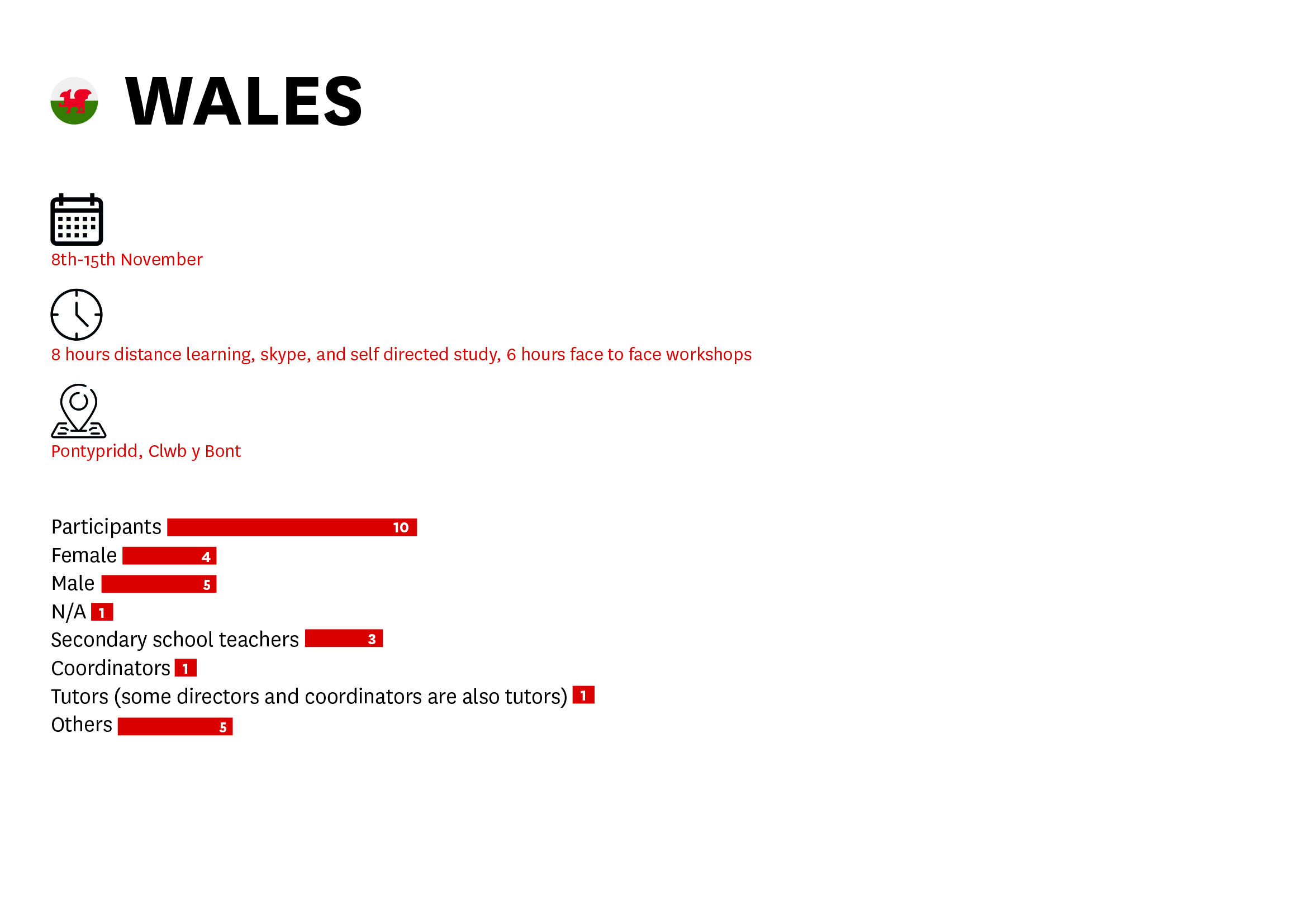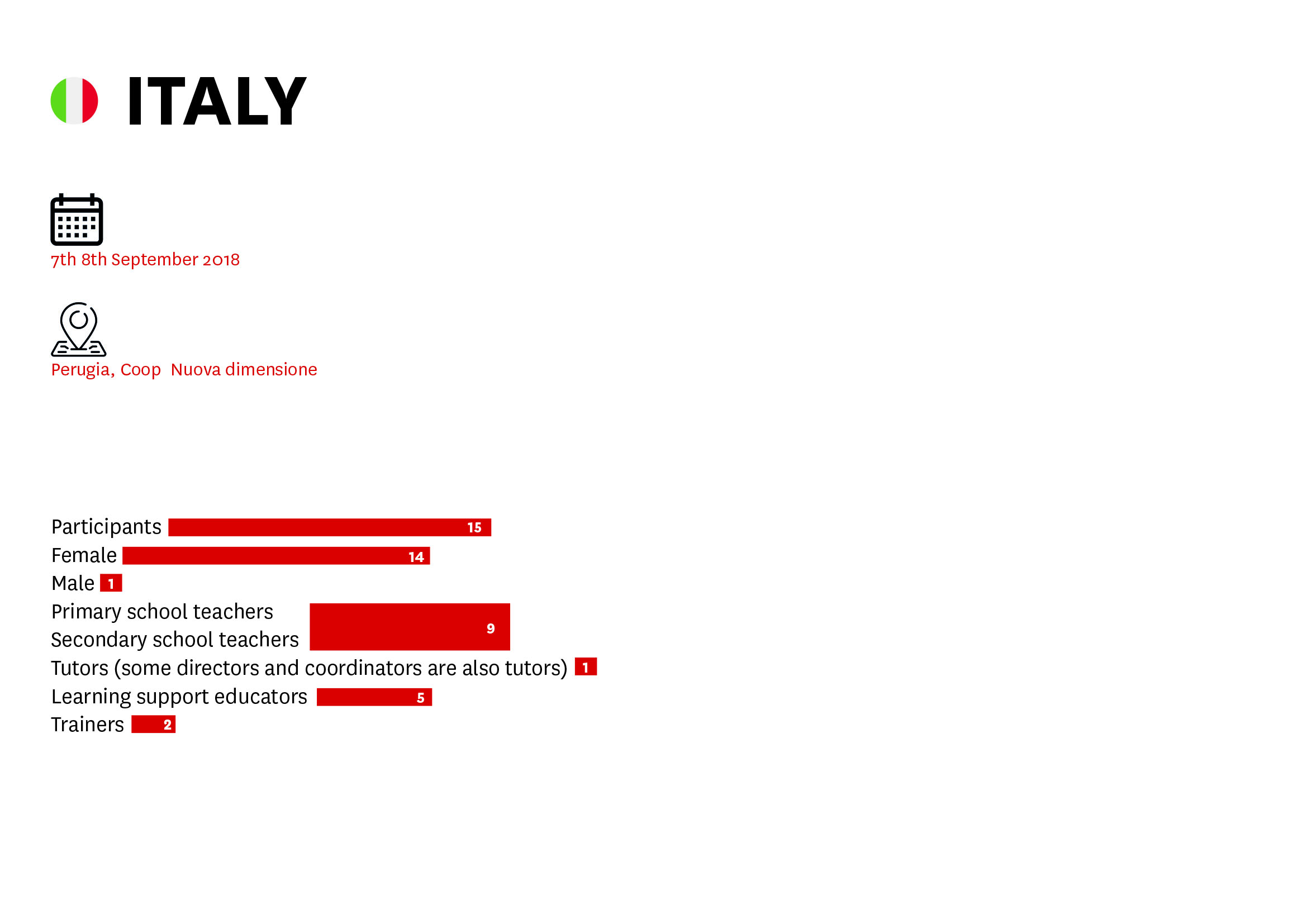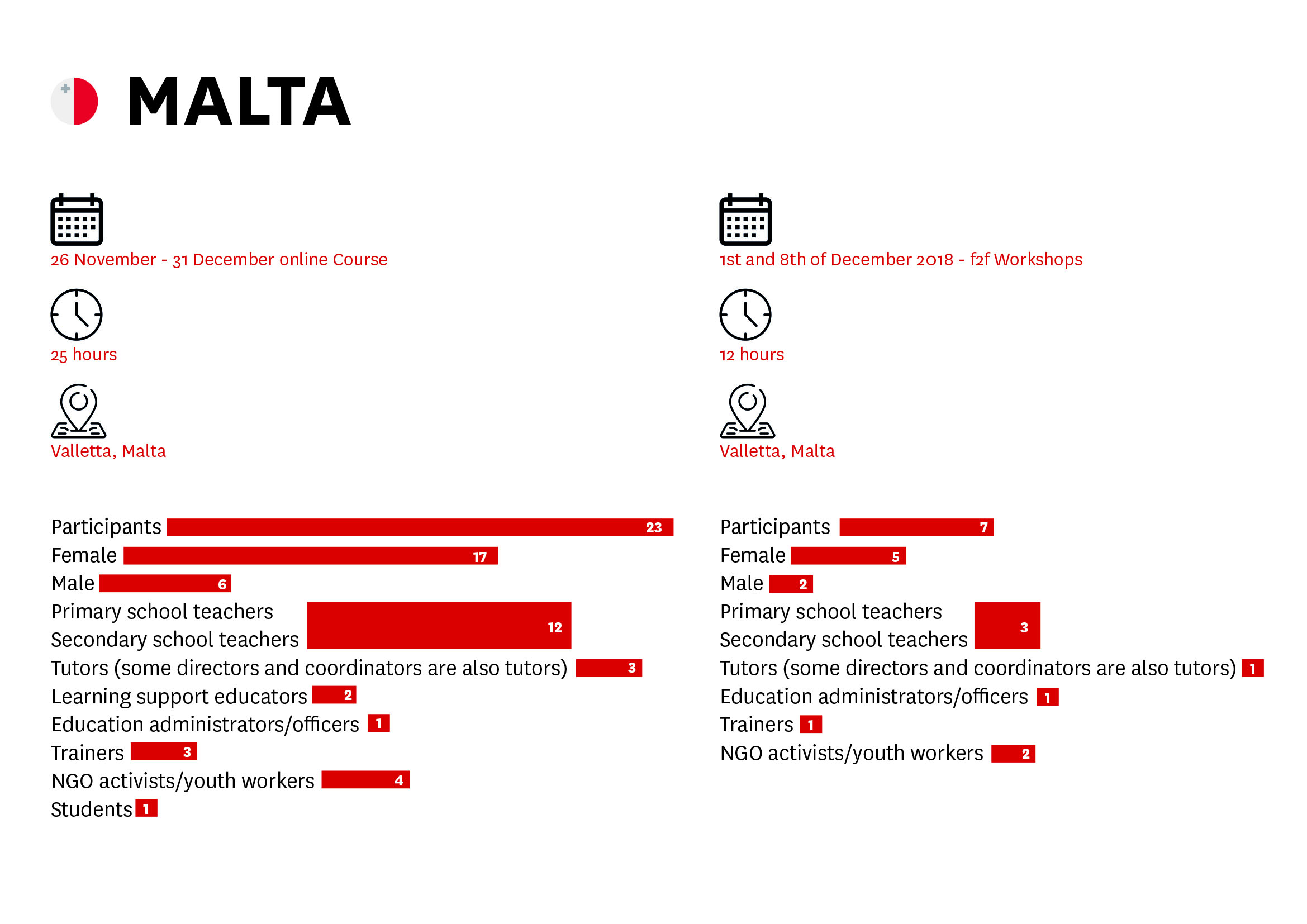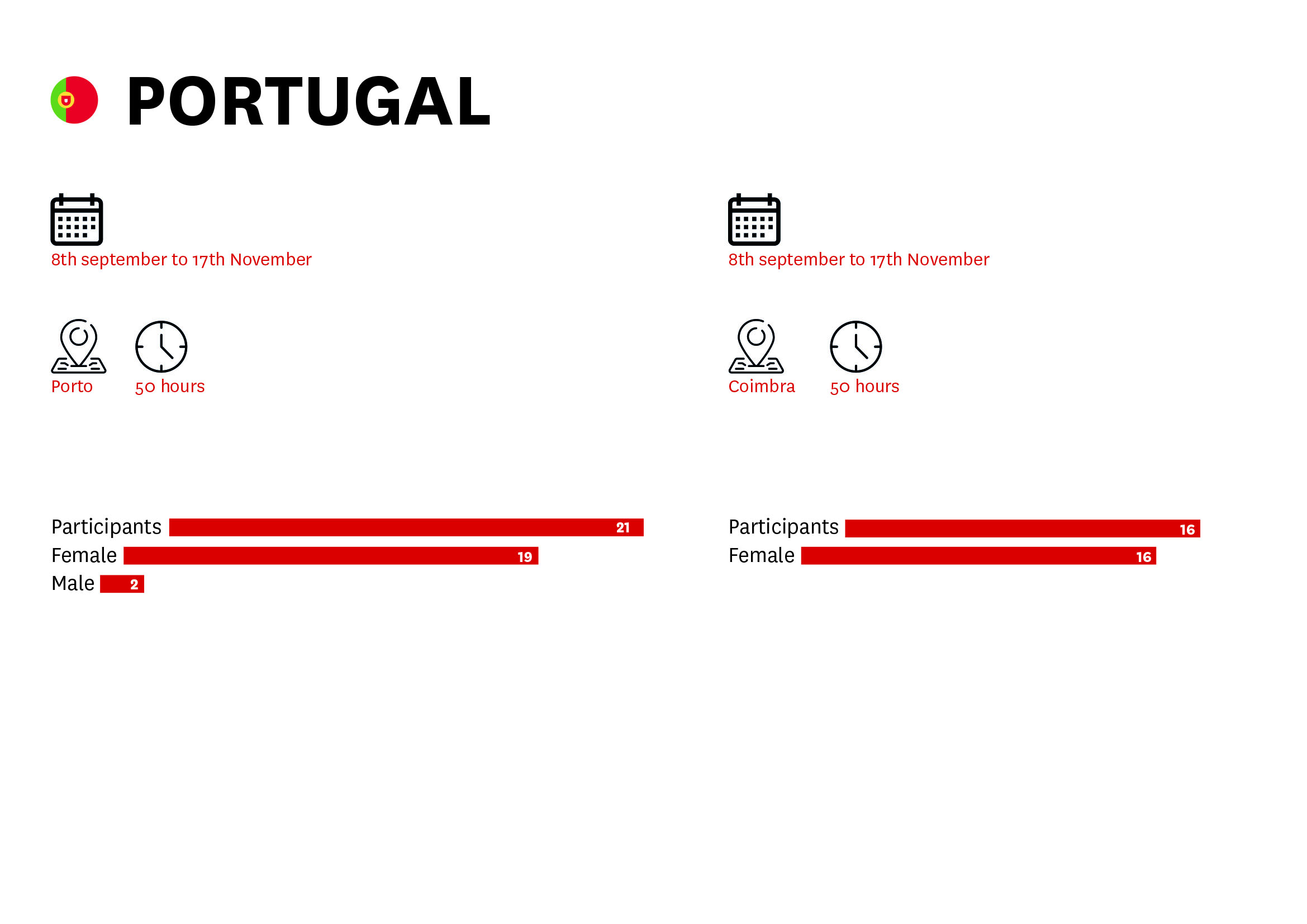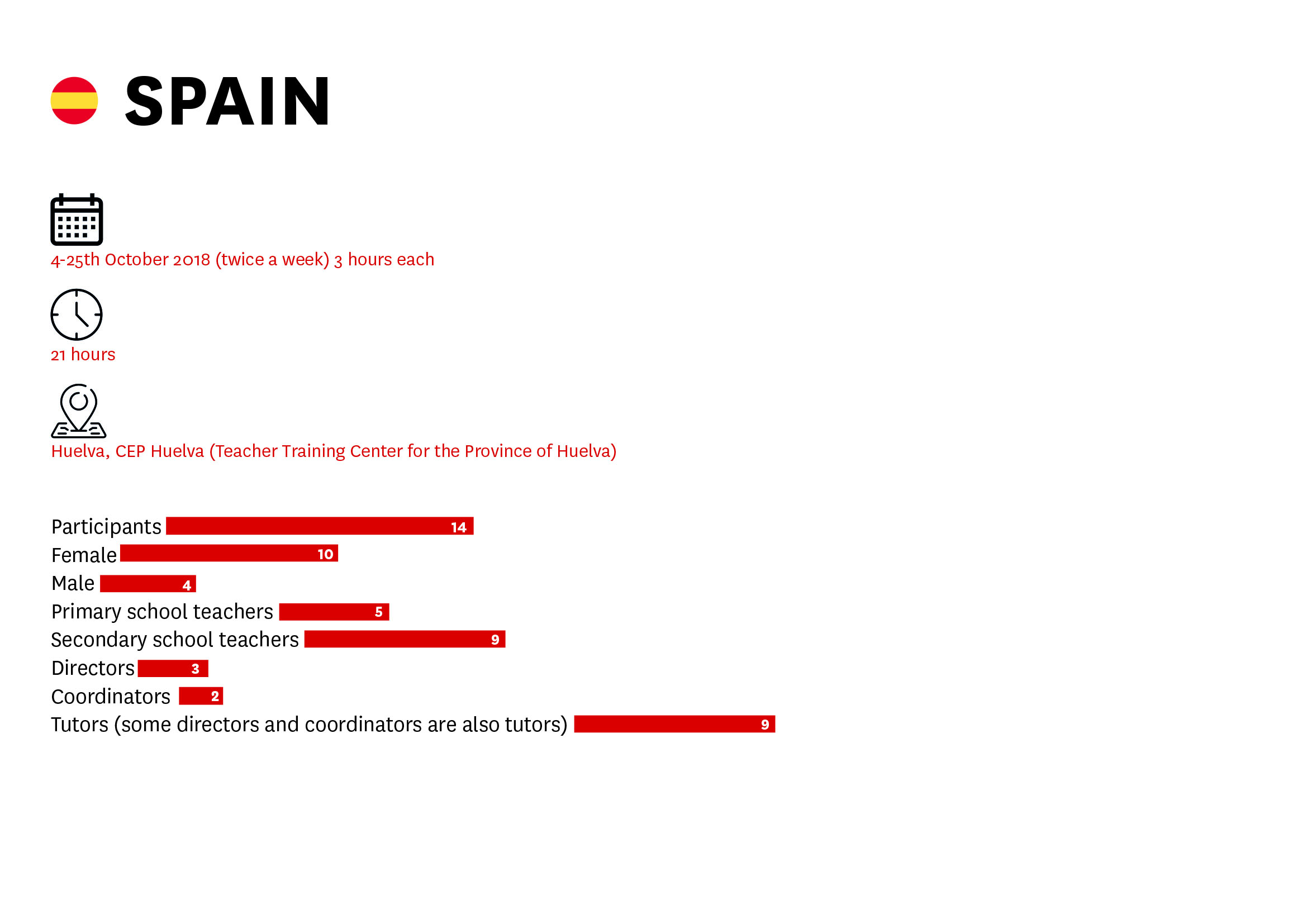Different socialization agents - such as family, school and government - play an active and fundamental role in teaching media literacy. Their role is directly involved in improving European education.
The role of the teacher in media education is fundamental in mediating the teaching and learning process for young people
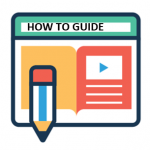
Resources for teachers to include digital citizenship lessons in their classroom

Media Education Lab – Resources for teachers

Resources for teaching in the digital age from Common Sense.

DigCompEdu – The European Framework for the Digital Competencies of Educators
The mediating role of the family in children’s media education is essential for them to develop good information consumption habits and to reflect on their media diets.

Digital citizenship program includes comprehensive learning resources for students, teachers, and family members.

This website offers an array of resources to respond to various concerns parents have regarding technology, safety and media literacy.

A short guideline for parents from Common Sense on positive aspects and suggestions to face the use of digital media by children and adolescents
NGOs and other community-based agencies have participated in action plans on the importance of digital education and media literacy in formal and informal settings

This white paper presents a Plan of Action including a role for third sector organisations in the promotion of digital and media literacy in the US.
Governments and institutions both national and foreign are implementing projects to include media literacy in school curricula and to educate citizens about infoxication.
Professional and other non governmental associations insist on raising media consumption awareness to improve the development of media skills related to understanding and dialogue.
